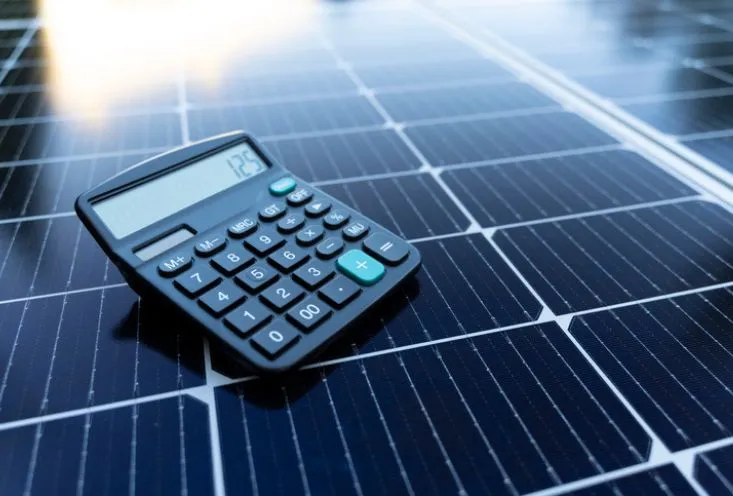Table of Contents
ToggleIntroduction:
Embarking on a solar project for your home is an exciting endeavor that offers long-term benefits. Understanding the factors that influence the timeline for solar project completion is crucial for effective planning. In this blog, we will explore the various factors involved in solar project timelines and provide insights into what homeowners can expect during the installation process.
Project Complexity:
The complexity of the solar project plays a significant role in determining the time required for completion. Factors such as system size, roof type, electrical upgrades, and customization requests can influence the overall timeline. Larger systems or installations requiring structural modifications may take longer to complete.
Design and Permitting:
The design phase involves creating a custom solar system tailored to your home’s specifications. This includes determining the number of panels, inverter capacity, and electrical configuration. Once the design is finalized, the solar installer will handle the permitting process, which varies by location. Obtaining necessary permits and approvals from local authorities can take several weeks or even months.
Material Acquisition:
After the design and permitting phase, the solar installer will order the necessary equipment and materials for the project. Factors such as availability, shipping, and supplier lead times can affect the overall timeline. Reputable installers work closely with trusted suppliers to ensure timely delivery of high-quality components.
Installation Duration:
The physical installation of solar panels and associated components is a significant aspect of the project timeline. Factors such as the system size, roof complexity, and weather conditions can influence the installation duration. Smaller residential projects can typically be completed in a few days, while larger or more complex installations may require a week or more.
Inspections and Interconnections:
After the installation, the solar system undergoes various inspections, including those required by local building and electrical authorities. These inspections ensure compliance with safety standards and code requirements. Additionally, interconnection approval from the utility company is necessary to allow for net metering. The time required for inspections and utility approvals varies by jurisdiction and utility company processes.
System Activation and Monitoring:
Once all inspections and approvals are obtained, the solar system is activated, and you can start generating clean energy. The installer will guide you through the process of system activation and provide instructions on monitoring performance. It’s essential to understand the features of your monitoring system and how to interpret the data to ensure optimal system performance.
Additional Factors:
Several other factors can impact the overall timeline, including local regulations, utility company processes, and the availability of qualified installers. Working with an experienced and reputable solar provider can help navigate these factors and ensure a smooth and timely completion of your solar project.
Conclusion:
The timeline for completing a solar project can vary based on factors such as project complexity, design and permitting, material acquisition, installation duration, inspections, and interconnections. While smaller residential projects can be completed in a matter of days, larger or more complex installations may require more time. It’s crucial to work with a knowledgeable solar installer who can provide accurate timelines and guide you through each step of the process. By understanding the factors involved and setting realistic expectations, you can embark on your solar journey with confidence.
Disclaimer: The information provided in this blog is for informational purposes only and should not be considered as professional advice. The actual time required for completing a solar project may vary based on individual circumstances, project complexity, and local regulations. It is recommended to consult with a qualified solar installer for personalized guidance and to obtain accurate timelines for your specific project.


